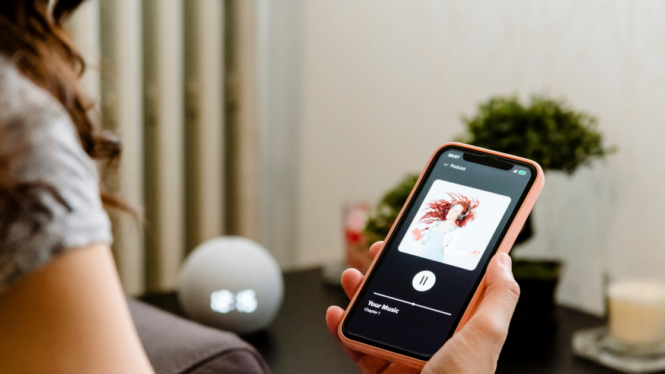Universal Music Group (UMG) is asking streaming services like Spotify and Apple Music to stop letting artificial intelligence companies from accessing the label’s copyrighted songs to “train” their machines, in what amounts to the latest music industry backlash to such technology.
In an email sent to Spotify, Apple Music and other streamers last month, UMG said that it had become aware that certain AI services had been trained on copyrighted music “without obtaining the required consents” from those who own the songs.
In the message, first reported by the Financial Times, UMG reminded streamers that they must prohibit such services from using their platforms for those purposes — and it came with an ominous warning.
“We will not hesitate to take steps to protect our rights and those of our artists,” UMG wrote in the email, the details of which were confirmed to Billboard by multiple sources on both sides. But it’s unclear exactly what those steps might be, or what exactly UMG wants the streamers to do differently.
AI platforms are “trained” to produce new creations by feeding them vast quantities of existing works known as “inputs.” In the case of AI music platforms, that process involves huge numbers of songs. While AI tools have exploded in popularity in the last six months, voices across the music industry have begun to argue that such training infringes the copyrights of the many artists who created the original works.
While that issue is legally novel and unresolved, it could be answered in court soon. A group of visual artists has filed a class action over the use of their copyrighted images to train AI platforms, and Getty Images has filed a similar case against AI companies that allegedly “scraped” its database for training materials.
In October, the Recording Industry Association of America (RIAA) took a hard stance on the issue, directly warning that AI companies were violating copyrights en masse by using existing music to hone their machines: “That use is unauthorized and infringes our members’ rights by making unauthorized copies of our members works.”
In a statement issued Wednesday (April 12) regarding its email to the streaming services, UMG echoed that same message: “We have a moral and commercial responsibility to our artists to work to prevent the unauthorised use of their music and to stop platforms from ingesting content that violates the rights of artists and other creators. We expect our platform partners will want to prevent their services from being used in ways that harm artists.”
A representative for Spotify declined to comment on the email from UMG. Reps for Apple Music and Amazon Music did not immediately return a request for comment.
Major labels have extremely complex business partnerships with streaming services (in the case of UMG and Spotify, that includes a substantial equity stake in the streaming company), meaning that an outright lawsuit seems unlikely. Similar to the visual arts space, a lawsuit against AI platforms themselves seems a more plausible outcome — either filed by music companies or by a class of artists or songwriters.
The letter could be designed instead to pressure streamers to take a harder line in policing their platforms via their terms of service — i.e., the agreement customers sign when they subscribe to services like Spotify or Apple Music. Regardless of the ambiguities of copyright law around AI training, those user agreements likely give streamers clearer power to crack down on companies that scrape songs in bulk.
https://www.billboard.com/pro/universal-music-asks-spotify-apple-stop-ai-access-songs/




